In every presidential election it is said that this could be the most important election of your lifetime as you are urged to vote. Well, in this November 2020 election, that claim is true.
Donald Trump has destroyed the Republican Party beyond recognition. He has changed the White House and the nature of the presidency with his tweets. His remarks are questionable. He lies.
But he is the President of the United States and right now, the Democrats look weak in comparison as they try to take back the White House. The question is not who is the best candidate; the question is, who can beat Trump?
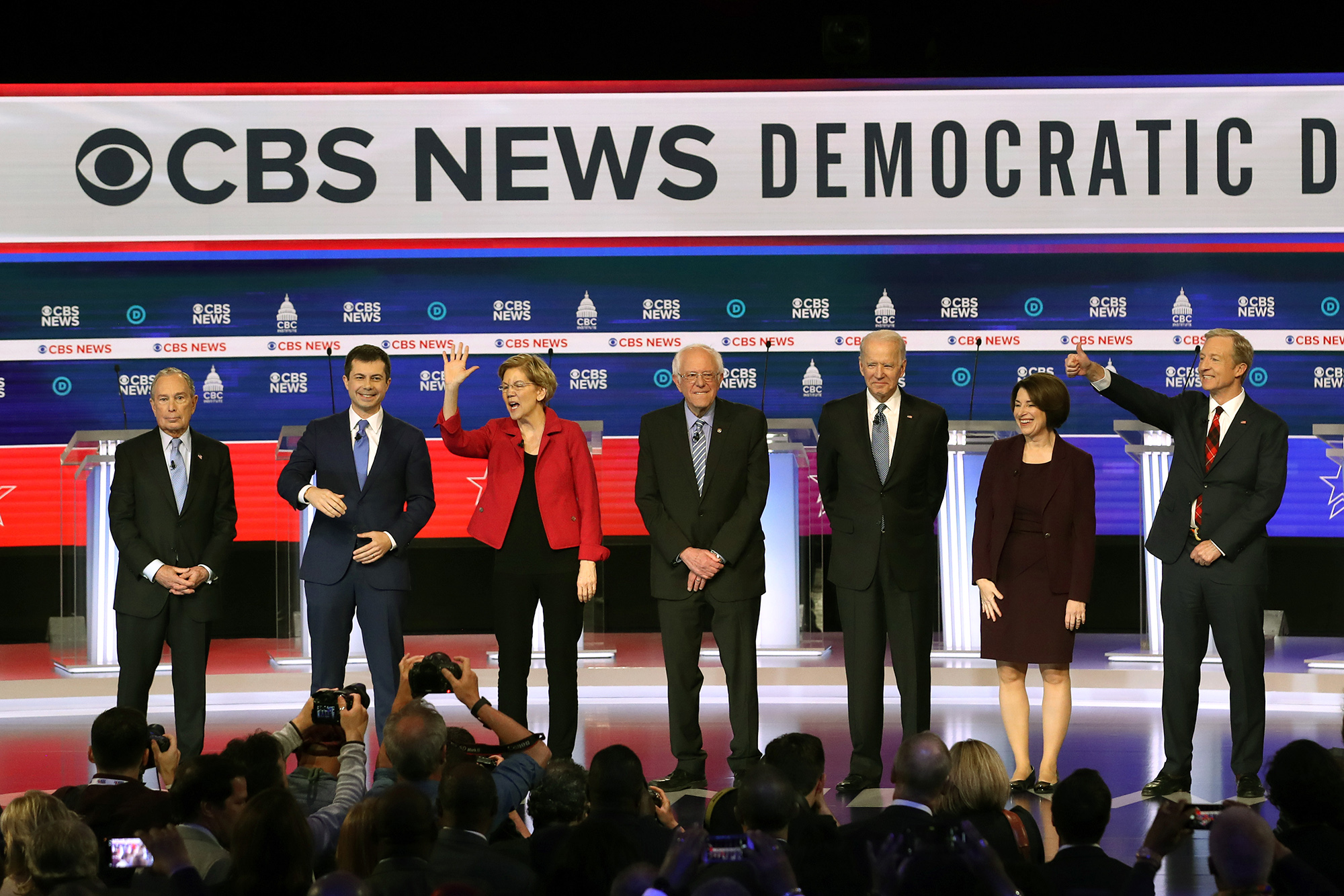
The Democratic candidates look like Heinz’s 57 varieties – from the experienced veteran politician, to the aging hippy, to the far leftist, to the copycat white Obama, to the billionaire, to the Alice in Wonderland moderate.
The Black candidates have folded and so have the Hispanic and the Asian. No people of color here. The dwindle down is happening; those who can’t cut the mustard are falling out.
Take a real close look at Mike Bloomberg, though. He is another New Yorker, another senior citizen, another White male, another media sophisticate. He is a billionaire who puts his money where his mouth is.
He thinks pop and sweet drinks are bad for people and has paid for campaigns and politicians to implement a “sugar tax.” Ask Toni Preckwinkle about that. And then there was the election of Congresswoman, Robin Kelly, whom Bloomberg supported with a $2 million contribution because she supported gun control.
In almost all elections, the politicians running, all of them, take the Black vote critical to the democratic win for granted, as Black voters are pandered to. But the Black voter is among the most sophisticated voting blocs. Black women rock and determine winners consistently. Black women supported Hillary Clinton, white women didn’t.
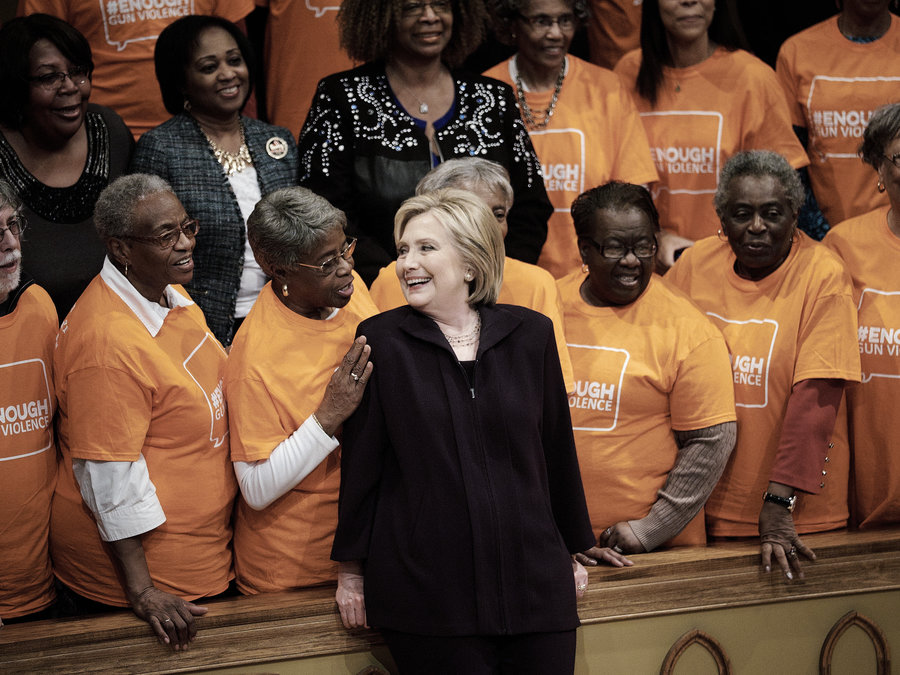
So the politicians come courting, talking about their Black records and Black advise on what to do. They extend and expand Lincoln’s theory of “40 acres and the mule” that never came to fruition. This year many candidates are even holding discussions on reparations, again pandering, with no intention of addressing the issue if elected.
Every four years, they come with solutions for Black problems that are not addressed when the election is over. They get Black spokespeople, usually ministers, to tout their message and claims that they are really good folk who favor and support African Americans through our trials and tribulations. Now they even secretly pay “respected” members of the community to front for them on social media.
This is the political formula. This the traditional style of candidates as they court the Black vote that they must have. But at the end of the day they traditionally, all of them, take the Black vote for granted.
They traditionally absolutely ignore the Black press or take it for granted, too, as they send their press releases looking for free media coverage.
Historic Ad Buy
But now something different has happened, in 2020. Michael Bloomberg has played an historic hand. He is changing the narrative as he campaigns in the South and as his campaign views the Black voter landscape nationally. His marketing tee-shirts say “Mike for Black America” (rather than “Black America for Mike.”)
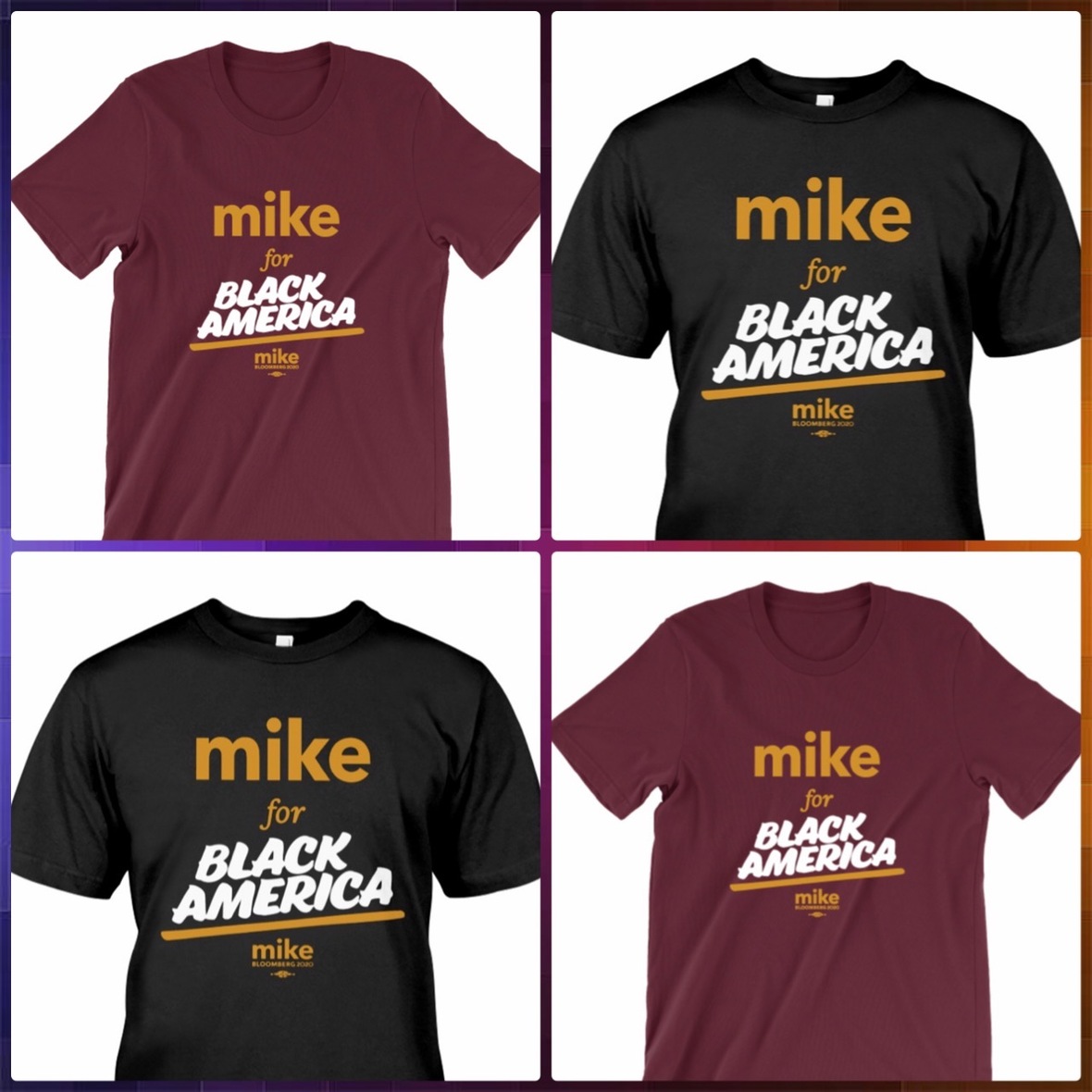
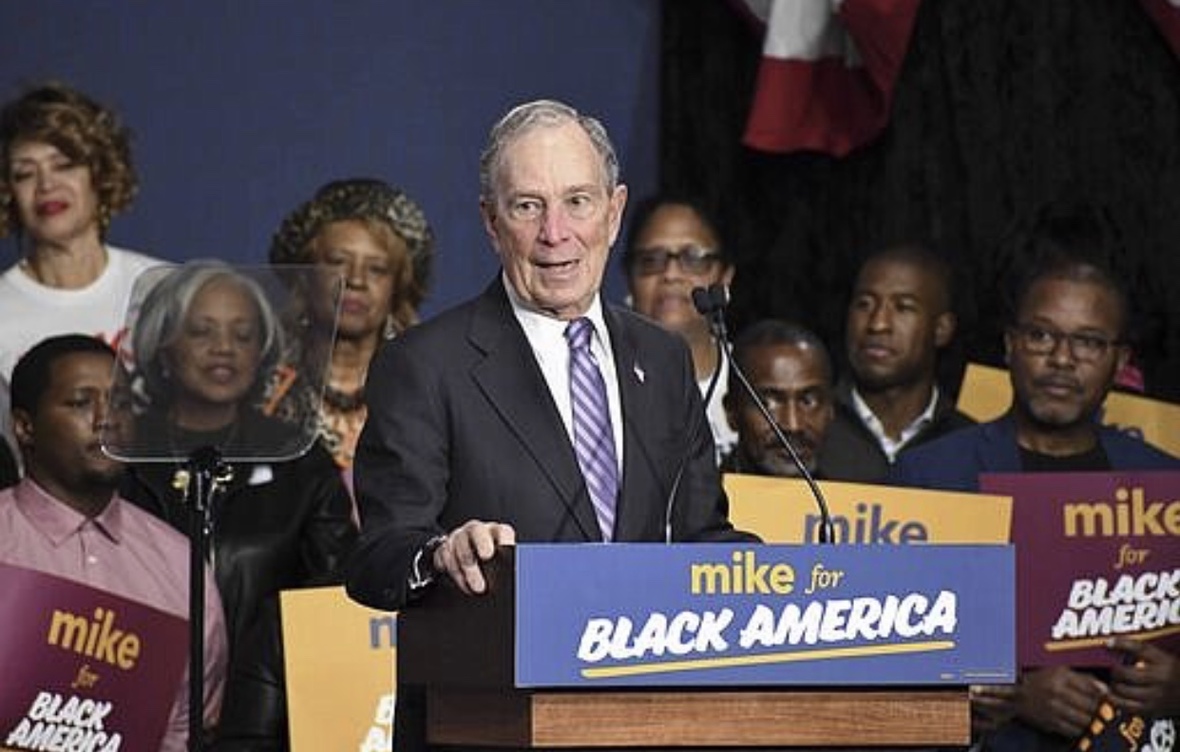
He recognizes the Black Press and has actually bought advertising in Black media. Hello, Mr. Bloomberg! Perhaps this is because he is an owner of media – the Bloomberg Media Group – so he really understands the power of the press.
He understands and is spending significant dollars with Black-owned properties. He even understands the difference between Black-owned legacy press and Black advocacy press.
The presidential candidate who has been running his campaign mostly through television and social media ads and private meetings has spent an historic amount of money with Black newspapers – $3.5 million.
“Of all the presidential candidates in the 2020 election, Mike Bloomberg just made the largest single political ad buy in the history of the NNPA,” says Dr. Ben Chavis, president/CEO of the National Newspaper Publishers Association (NNPA). “The money has already been distributed and the ads are running in our newspapers right now.”
Chavis says the money has been divided among NNPA member newspapers in states that hold primaries on Super Tuesday (March 3) and beyond. Super Tuesday states include Alabama, Arkansas, California, Colorado, Maine, Massachusetts, Minnesota, North Carolina, Oklahoma, Tennessee, Texas, Utah, Vermont, and Virginia. Illinois’ primary is March 17.
“It’s a national ad buy and over 129 of our newspapers will benefit from that,” Chavis said. “What it shows is that the Bloomberg campaign is taking the Black vote seriously and it’s taking the Black Press seriously.”
This election season may see $1 trillion spent in media buys. So far as the candidates shape their campaigns and need the Black vote, ONLY Bloomberg has bought Black media.
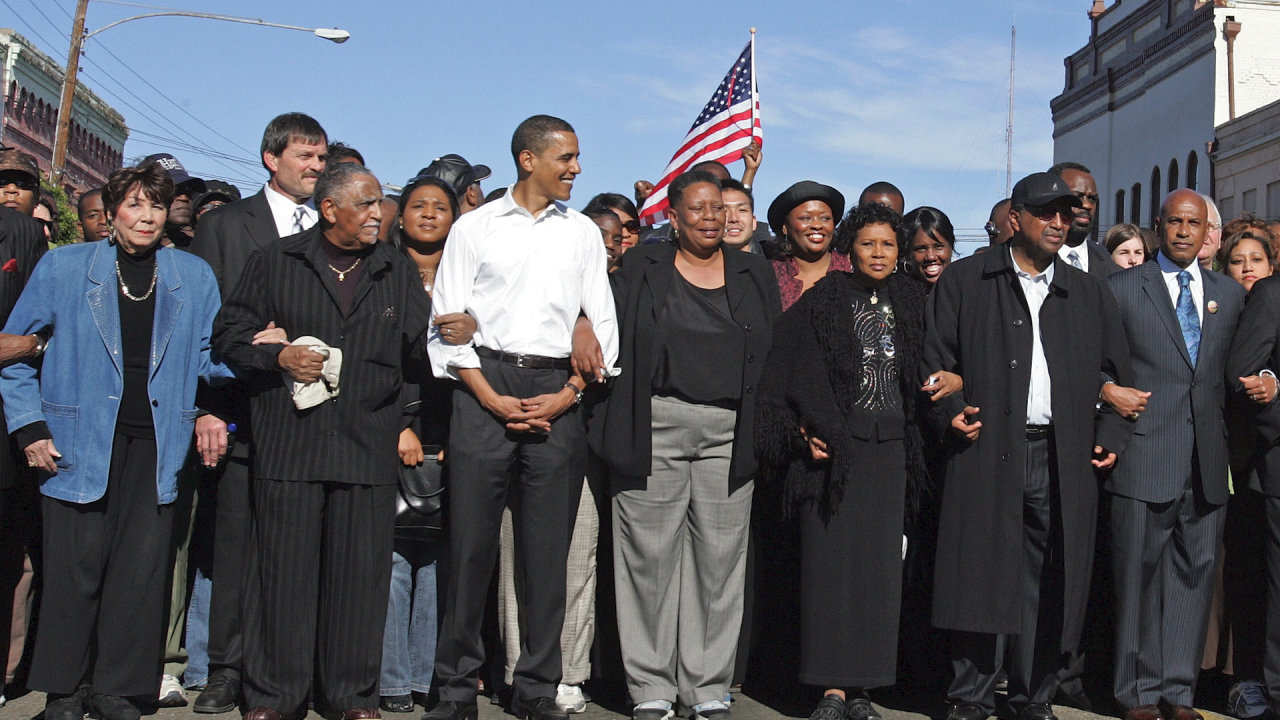
Far too often, Black press is ignored and does not appear on the radar for bought media, although the Black vote is sought. Even Black candidate and eventual president Barack Obama did not buy Black press. In one campaign he spent $10,000 total in Black media.
Bloomberg’s rise in the polls may be attributed to Black media. Perhaps he figured that Black media counts and maybe because he has paid attention, others will, too. Biden is the lead in the polls with Black voters, and desperately needs the Black vote to keep him in contention for the Democratic nomination, but has he and the others ever thought about spending in the Black press as they seek and solicit the Black vote? Is that such a far-fetched idea?
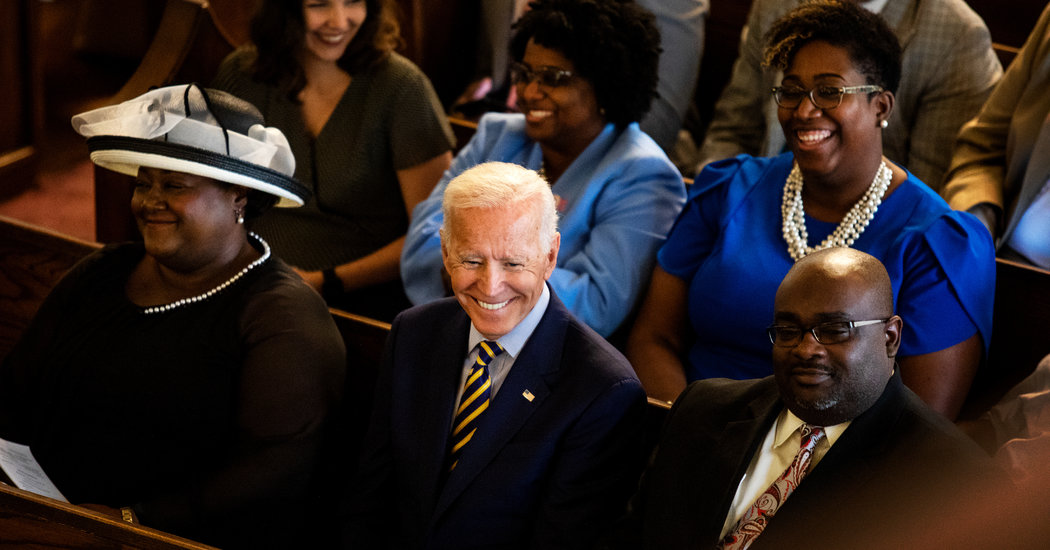

Black Press Must Stand Up
In the last Illinois governor’s race between wealthy Bruce Rauner and wealthier J.B. Pritzker, together they broke records in their advertising spend. Again the Black vote was essential to the win, but there was no spend. Together they spent $120 million in advertising. In a three-month period, they spent a combined $74.1 million on the general election contest.
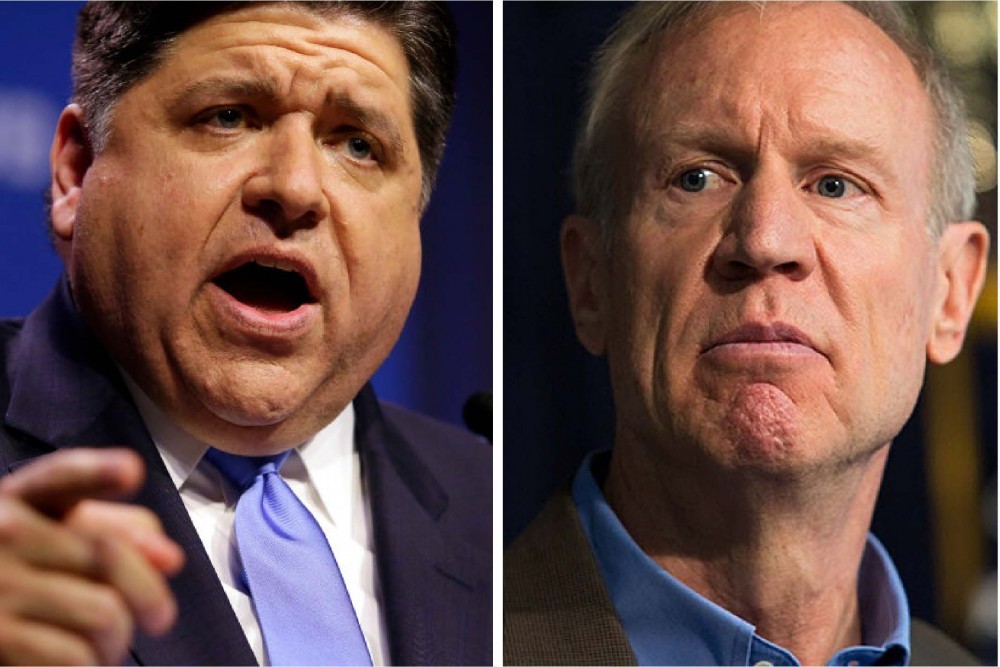
Hopefully it’s a new day, signaling a new relationship between political candidates and the Black press. Perhaps, as the Black vote is courted, Black press will be recognized as a real means to reach Black voters, be it through newspapers, digital, radio, and other platforms.
Let’s not leave out Black politicians, however; they do the same. They, too, put their money in White media exclusively and then come with hat in hand to Black press for free stories and interviews and press releases on their campaign activity.
Black press collectively has got to stand up and recognize our value and insist on advertising budgets to accompany press alerts. If we are good enough for your press release, we should be good enough for your advertising. And if you think the white press can garner your vote, then stay there, but I don’t think so.
As Pritzker ran for governor, he totally insulted Dorothy Leavell of the Chicago Crusader with a quarter-page buy of less than $500. She was fuming and returned the money and the ad. The point here is very simple – candidates should stop insulting the Black press and include Black press in their campaign budgets in a meaningful way.
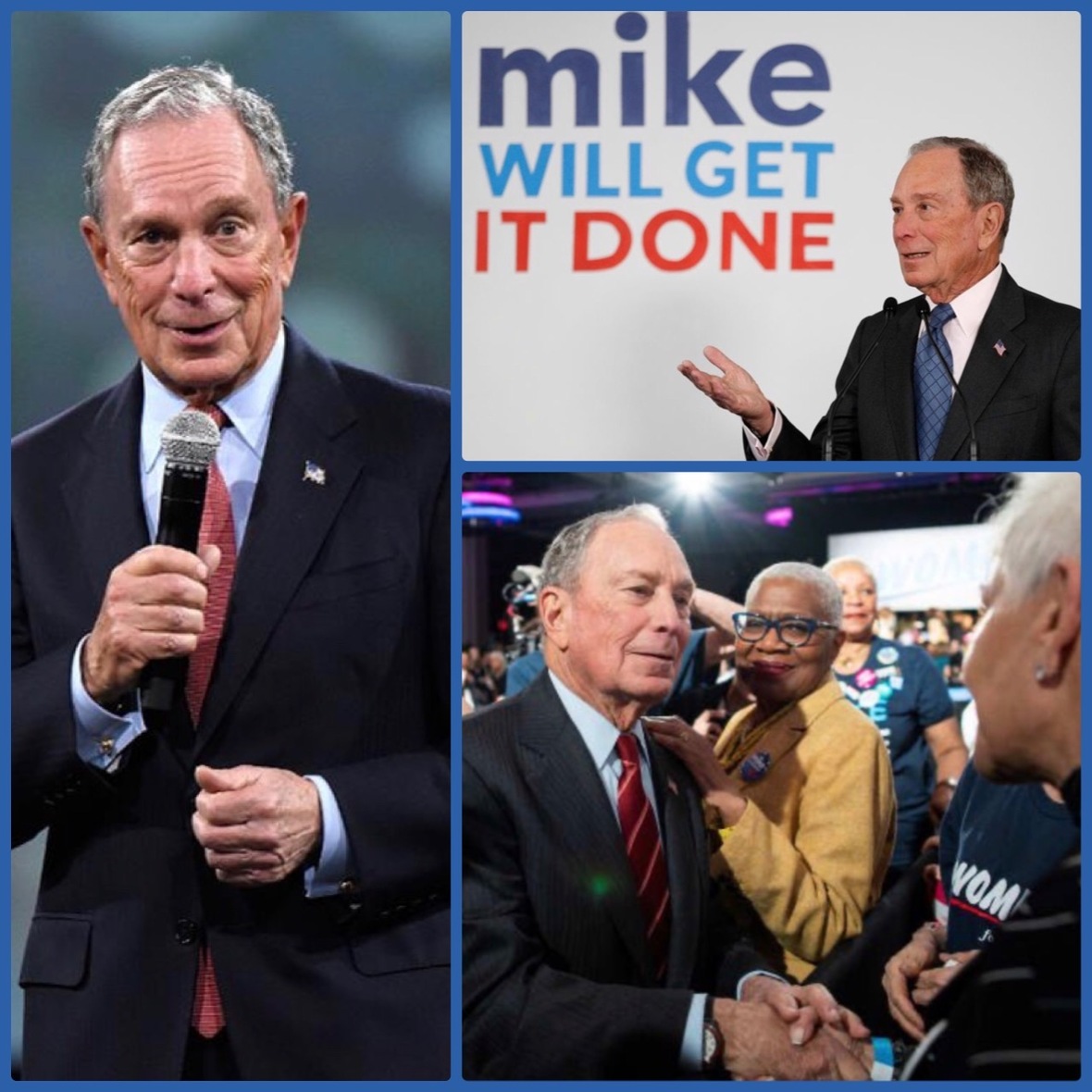
Watch Bloomberg. He comes respectfully. Whether he wins or not, is another column. His stop and frisk policy is a prominent deterrent to his campaign, but I like the way he is approaching the Black voter. He just may rise to the top with a new strategy reflecting a new thinking.
R-E-S-P-E-C-T of the Black press.
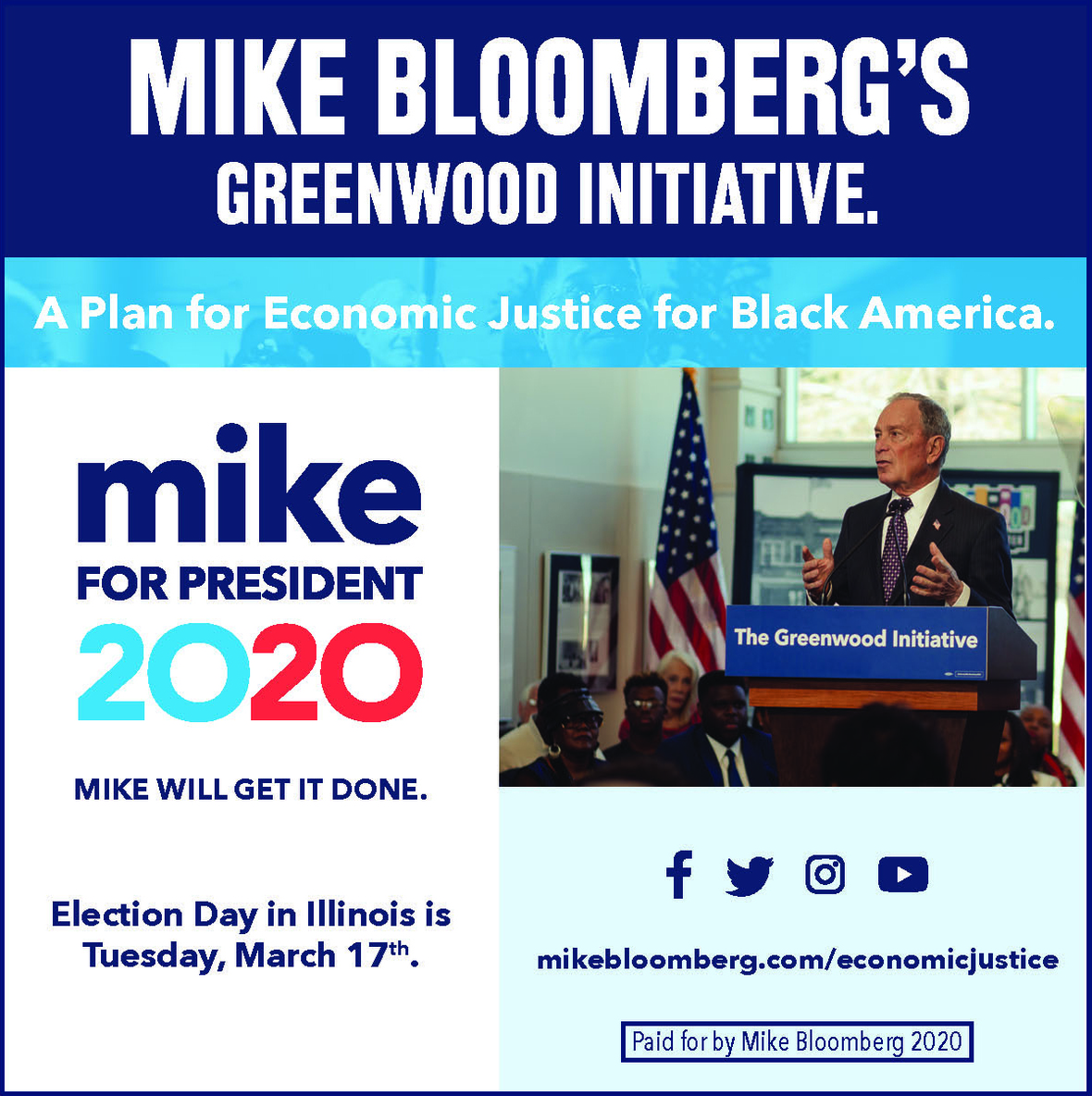


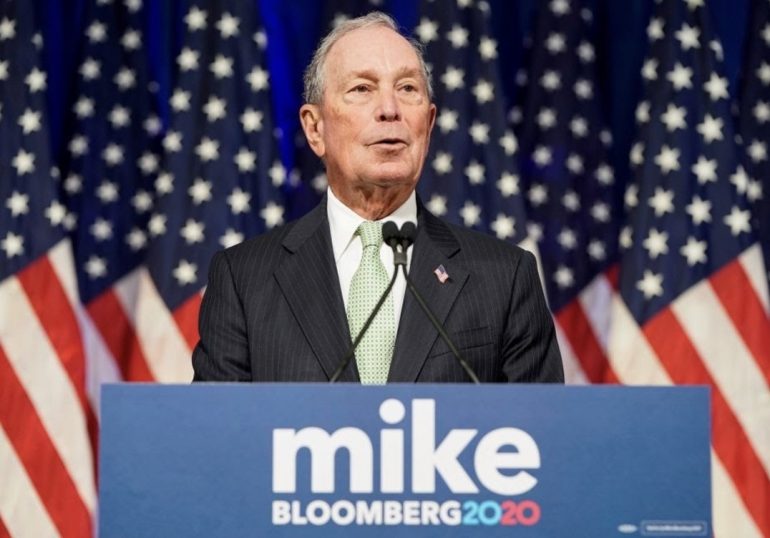

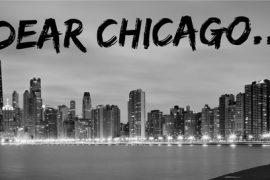

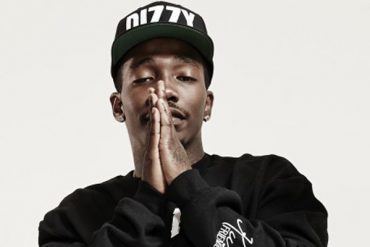
Wow, incredible blog layout! How long have you been blogging for? you make blogging look easy. The overall look of your site is wonderful, as well as the content!
Thank you